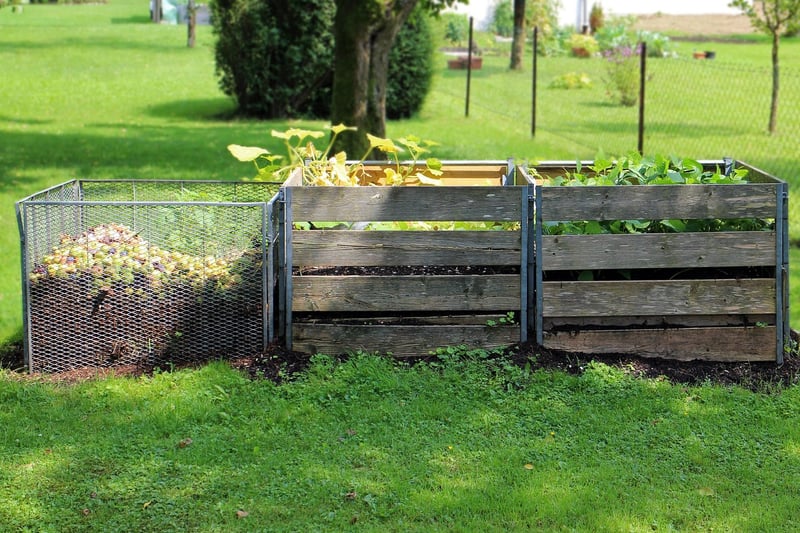Composting Techniques
Sustainable Gardening Practices in Urban Settings
Introduction
Urban gardening presents unique challenges and opportunities for sustainability. By incorporating eco-friendly practices and utilizing small spaces efficiently, urban gardeners can contribute to a healthier environment. One key aspect of sustainable urban gardening is composting, which helps reduce waste and enriches the soil. Let's explore sustainable gardening practices and composting techniques for urban settings.
Sustainable Gardening Practices
1. Container Gardening
Utilize containers to grow plants even in limited spaces like balconies or rooftops. Choose containers made from recycled materials to reduce environmental impact.

2. Vertical Gardening
Maximize vertical space by growing plants on walls or trellises. Vertical gardens not only save space but also provide better air circulation for plants.

3. Rainwater Harvesting
Collect rainwater in barrels to water your plants. This practice conserves water and reduces reliance on municipal sources.

Composting Techniques
1. Vermicomposting
Use red worms to break down organic waste into nutrient-rich compost. Vermicomposting is ideal for small urban spaces and produces compost faster than traditional methods.

2. Bokashi Composting
Bokashi composting uses beneficial microbes to ferment food waste quickly. It's odorless and can be done indoors, making it suitable for urban dwellers.

3. Compost Tea
Compost tea is a liquid fertilizer made by steeping compost in water. It provides essential nutrients to plants and improves soil health in urban gardens.

By adopting sustainable gardening practices and composting techniques, urban gardeners can create thriving green spaces while minimizing their environmental footprint.
Start your sustainable urban garden today and contribute to a greener, healthier city!
